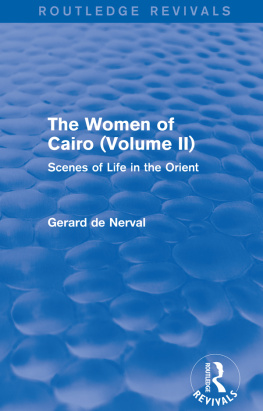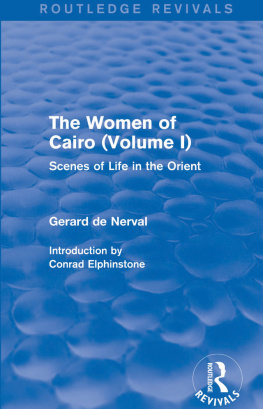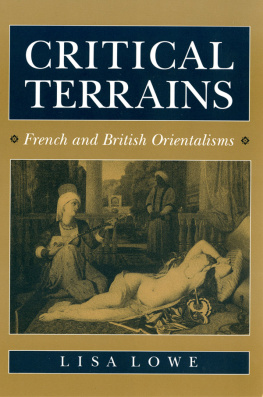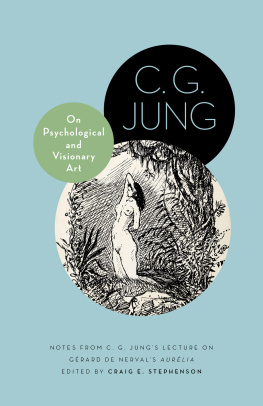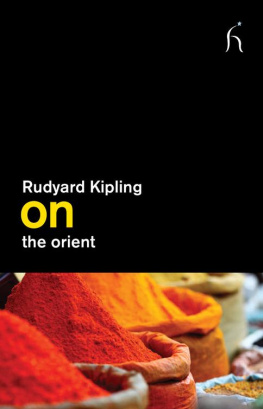First published in 1929
by George Routledge & Sons, Ltd
This edition first published in 2015 by Routledge
2 Park Square, Milton Park, Abingdon, Oxon OX14 4RN
and by Routledge
711 Third Avenue, New York, NY 10017
Routledge is an imprint of the Taylor & Francis Group, an informa business
1929 George Routledge & Sons, Ltd
All rights reserved. No part of this book may be reprinted or reproduced or utilised in any form or by any electronic, mechanical, or other means, now known or hereafter invented, including photocopying and recording, or in any information storage or retrieval system, without permission in writing from the publishers.
Publishers Note
The publisher has gone to great lengths to ensure the quality of this reprint but points out that some imperfections in the original copies may be apparent.
Disclaimer
The publisher has made every effort to trace copyright holders and welcomes correspondence from those they have been unable to contact.
A Library of Congress record exists under LC control number: 30012401
ISBN 13: 978-1-138-82715-8 (hbk)
ISBN 13: 978-1-315-73870-3 (ebk)
ISBN 13: 978-1-138-82718-9 (pbk)
PART I
A PRINCE OF LEBANON
I
THE MOUNTAIN
I HAD gladly accepted the invitation which had been extended to me by the Prince or Emir of the Lebanon to go and stay some days at his home a little way from Antoura in Kesrouan. As we were to set out the following morning, I had only just time to return to Battistas hotel, and there come to an agreement about the amount I should have to pay for the horse which had been promised me.
I was taken to the stables, where there were some great bony horses, with good legs, but a backbone as sharp as that of any fish, which certainly belonged to the nedji breed. I was told, that when it came to climbing the steep mountain sides, they were the surest and most trustworthy. The elegant Arab steeds shine more upon the sandy turf of the desert. I picked out one haphazard, and was promised that it should be at my door the following morning at daybreak. It was suggested that I should take with me a boy called Moussa (Moses) who spoke Italian very well.
It was now night, but Syrian nights are only a kind of dark blue day. People were taking the air upon their terraces, and as I climbed higher and higher up the hills outside the city the more I was reminded of Babylon. The moon drew white silhouettes upon the terraced houses which, by day, seem so high and sombre, with only the occasional tops of cypresses and palms to break the monotony.
When first I left the city, my way led through formless shrubs, aloes, cactus and prickly pear, whose multitudes of flaring blossoms might have been the heads of some hydra-headed Indian god. Their sharp swords and fearsome darts made my path more difficult. But when once these were passed, I came to a clearing, with white mulberries, oleanders and lemons with glittering, metallic leaves. Glowworms, flitting about, lit up the darkness of the groves. And from the pointed windows of some distant building, light poured too; and occasionally, from one of those manors which have such an austere look, I heard the strains of a guitar accompanying a melodious voice.
Where the path turns aside to the house at which I had been staying, there is a tavern in the hollow of an enormous tree. There the young people of the neighbourhood gather, and usually stay drinking and making merry till two oclock in the morning. Night after night, one may hear their guttural accents, the droning melody of some nasal recitative which seems a challenge to any European ears that may happen to be listening. Yet there is definitely a charm in this primitive, biblical kind of music for anyone who can forget his preconceived notions of solfeggio.
When I got back, my Maronite host and all his family were waiting for me on the terrace outside my apartment. These good people think they are paying you a compliment when they bring all their relations and friends to see you. They had to be served with coffee and pipes, which was done by the mistress and daughters of the house, all, of course, at the expense of the lodger. The conversation dragged painfully along with a few phrases of Italian, Greek and Arabic all mingled together. I did not dare to say that I should like to go to bed, since I had to be up early the next day, and had not slept at all during the past day; but, after all, the sweetness of the night, the starry sky, the sea at our feet with its shades of the blue of night, and, here and there, the gleam of reflected stars, were enough to reward me for enduring the boredom of this reception. At last the good people took their leave, for I was to set off before they rose. I had hardly three hours of sleep, and even that was disturbed by the crowing of the cocks.
When I woke, Moussa was sitting at my door on the terrace wall. The horse he had brought was at the foot of the steps, with one foot bent by a rope beneath its belly, for that is the Arabs way of tethering a horse. All I had to do was to settle myself in one of those high Turkish saddles which squeeze you like a vice, and make it almost impossible for you to fall. Broad copper stirrups, shaped like a shovel, are braced so high that ones legs are bent double; and their sharp edges serve as a spur. The Prince smiled at my embarrassment at having to adopt the style of an Arab horseman, and gave me some advice. He was a young man of frank and open countenance, whose welcome had won my heart at the outset. He was called Abu-Miran, and belonged to a branch of the family of Hobesch, the most illustrious of Kesrouan. Although he was not extraordinarily rich, he had authority over ten villages which form a district, and paid their dues to the Pasha of Tripoli.

